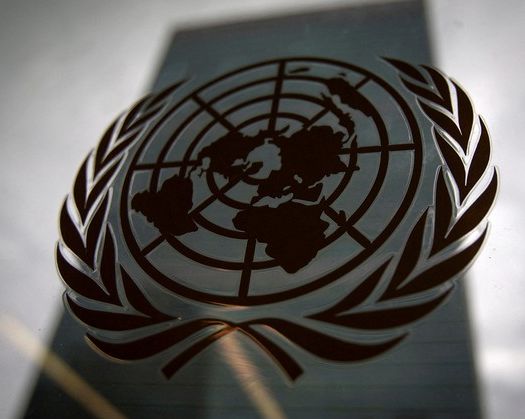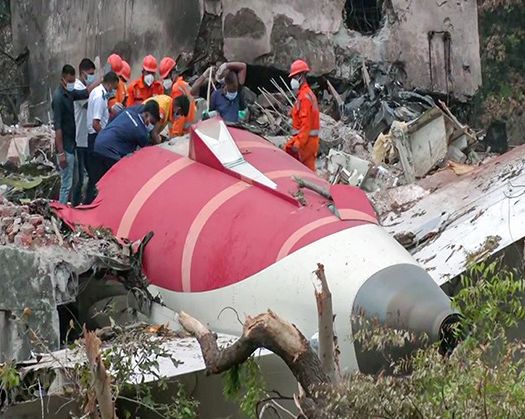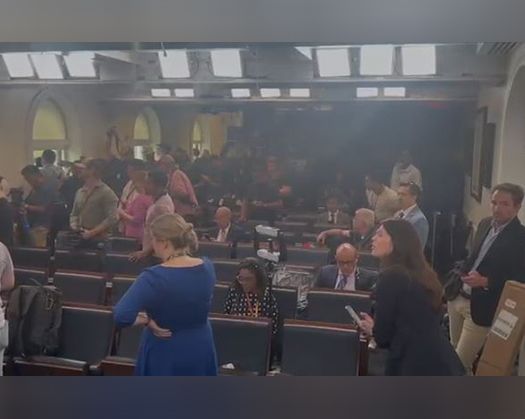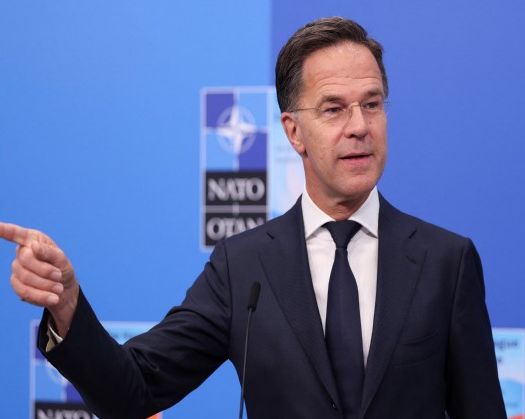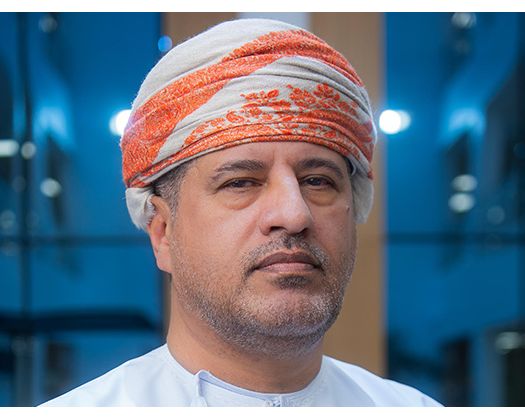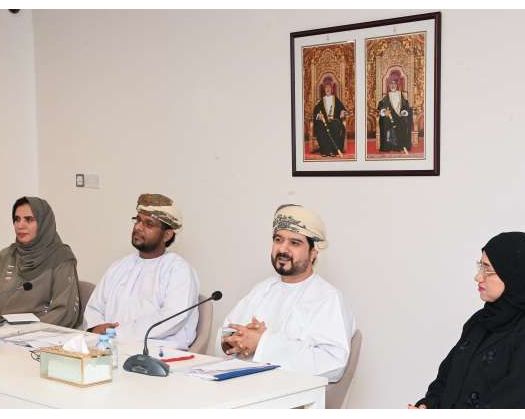Kabul: The United Nations Office for the Coordination of Humanitarian Affairs (OCHA) reports that an unprecedented financing shortfall is exacerbating the humanitarian crisis in Afghanistan, leaving millions susceptible to starvation, poverty, and relocation.
In its latest assessment, OCHA revealed that just 53% of the $3.06 billion needed for the Humanitarian Response Plan has been secured for the 2024 fiscal year, leaving a gap of around $1.43 billion. The organization urged the international community to enhance help and cautioned that humanitarian operations may fail unless quick action is taken.
OCHA's appeal comes amid increased worry on the ground. Hussain Agha Haidari, a young man in Kabul, explained how a lack of work has driven him to shine shoes for the past four years. We tried diligently to find work, knocking on numerous doors. We had no choice but to become cobblers because nothing else worked. We earn 100 to 150 Afghanis each day, which is just enough to purchase bread home for supper, according to Haidari. He stated that he has received no assistance from any group and asked authorities to assist him in finding permanent employment.
According to OCHA, approximately 14.9 million people in Afghanistan, or around 67% of aid recipients, have benefited from food assistance, with 41% receiving aid in many sectors. The institution underlined that without sufficient finance, it would be unable to maintain its operations at the appropriate scale.
The Ministry of Economy has expressed similar worries, particularly given the recent large return of Afghan refugees from surrounding countries. OCHA's research comes as Afghanistan prepares to receive a large influx of returnees. We urge international organizations to expedite and focus their assistance more than ever before, according to Abdul Latif Nazari, Deputy Minister of Economy.
Meanwhile, economic experts have expressed worry about the long-term implications of humanitarian aid without sustainable development investments. These are short-term assistance projects that provide immediate relief. As we have previously stated, to completely eliminate poverty in Afghanistan, this aid must be wisely spent on agriculture, infrastructure, and long-term development initiatives, according to Mohammad Asif Stanekzai, an economic expert.
OCHA reaffirmed its request for rapid international action to close the funding gap, warning that a shortfall of funds might result in a severe decline in humanitarian circumstances throughout Afghanistan.

